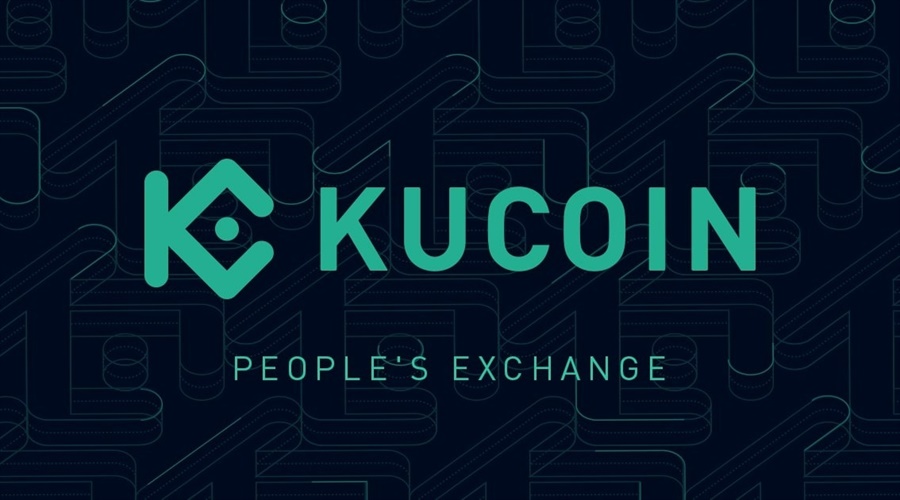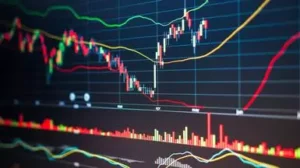KuCoin consents to boycott New York inhabitants and pay $22 million settlement

As per the request, KuCoin concedes that it “works a cryptographic money exchanging stage on which clients, remembering clients for New York state, can buy or sell digital currencies which are protections or wares as characterized under the laws of New York state and that Kucoin isn’t enlisted as a protections or products merchant vendor.”
What’s more, KuCoin “concedes that it addressed itself as an ‘trade’ and was not enlisted as a trade in accordance with the laws of New York State.”
KuCoin has consented to close the records of all New York occupant clients in somewhere around 120 days and to keep New York occupants from getting accounts from now on. Moreover, it will limit admittance to withdrawals to just in the span of 30 days, passing on the leftover 90 days accessible for clients to pull out reserves.
The trade was once known for its supportive of security strategy that didn’t expect clients to follow Know Your Client (KYC) or Hostile to Illegal tax avoidance (AML) guidelines. The trade just acknowledged digital money for stores and withdrawals and, consequently, didn’t require banking accomplices who could require such consistence.
For clients who made withdrawals less than this, the trade offered the capacity to trade crypto without expecting to reveal individual data. This hypothetically permitted clients from nations where KuCoin didn’t have a permit to acquire accounts at the trade since the trade had absolutely no chance of knowing who these clients were.
On June 28, KuCoin finished this well established strategy by reporting required KYC for all clients. It obstructed all stores from non-checked accounts and ended all administrations for these clients after July 15, in spite of the fact that withdrawals stayed open. The Dec. 12 settlement affirmed that a portion of these clients were New York inhabitants.
Layer-2 organization StarkWare and the Starknet Establishment are set to disseminate a 10% slice of organization charges to designers, a piece of an experimental run program called “Devonomics.”
In a declaration imparted to Cointelegraph on Dec. 12, StarkWare President Uri Kolodny said it was dispensing a piece of the organization expenses, temporarily 8%, to decentralized application manufacturers and 2% to foundation specialists and center designers through a straightforward and open democratic interaction.
“Everything really revolves around giving the active developers a solid voice in forming the organization,” made sense of Kolodny.
The Devonomics drive will start with an underlying appropriation covering all exchange charges collected from the stage’s send off until Nov. 30, 2023.
StarkWare prime supporter Eli Ben-Sasson adds that while the model is probably going to go through a few emphasess, it could extensively affect the Ethereum biological system and help engineers “climate” the rest of an extended cryptographic money winter:







